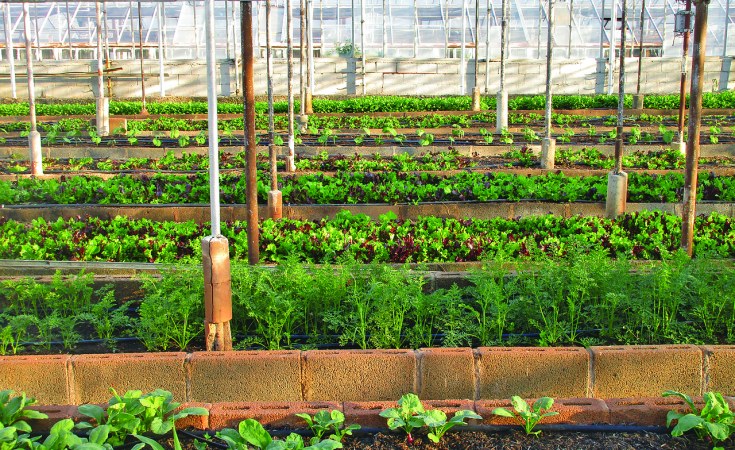Khartoum — Farmers in the northern section ofthe El Gezira Agricultural Schemecomplain of an acuteshortage of waterneeded toirrigate their crops.
Farmer Mohamed Gusheiri told Radio Dabanga that they are not able to pay the rent for "an ordinary engine that pumps water from the White Nile or from the canals".
"After a failure of the harvest of the summer season because of torrential rains and increased irrigation water services, our winter crops are now withering," he complained.
The rent of a water pump now costs SDG40,000 (about $68) per feddan (4,200 square metres), in addition to fuel that costs SDG14,000 to operate the water pump.
In end September last year, the Sudanese Ministry of Finance and Economic Planning announced new fees for irrigation water services. Farmers in the El Gezira Agricultural Scheme were to pay SDG6,000 per feddan. The spokesperson for the El Gezira and El Managil Farmers Alliance said at the time that the farmers were unable to pay the increased fees.
During the past years, the expenses for agriculture rose significantly, especially because subsidies were lifted by the Ministry of Finance which followed the demands of the World Bank. "The Minister of Finance said at the time that lifting the subsidies would support the inputs - which did not happen," Ahmed Babiker, Secretary-General of the El Gezira and El Managil Farmers Association stated in June. "If the situation continues in this way, there will be no cultivation anymore in El Gezira."
Torrential rains and floods in August affected at least at least 90,000 feddans of agricultural land in El Gezira.
'Burden'
El Gezira Agricultural Scheme, developed by the British in colonial times, used to be one of the world's largest irrigation projects. Water from the Blue Nile was distributed through canals and ditches to tenant farms lying between the Blue and White Nile rivers.
For nearly eighty years, the El Gezira Scheme remained the sole source of hard currency for the country, through the cultivation of cotton. During the last few decades, however, the cotton production was reduced to less than 100,000 acres. About 12 cotton gins in El Gezira state had to close their doors.
Ousted President Omar Al Bashir described the Scheme in late 2014 as "a burden on the country's budget". A year later, the Ministry of Agriculture amended the El Gezira Scheme Act, aimed at transferring land ownership to the private sector and foreign investors.


